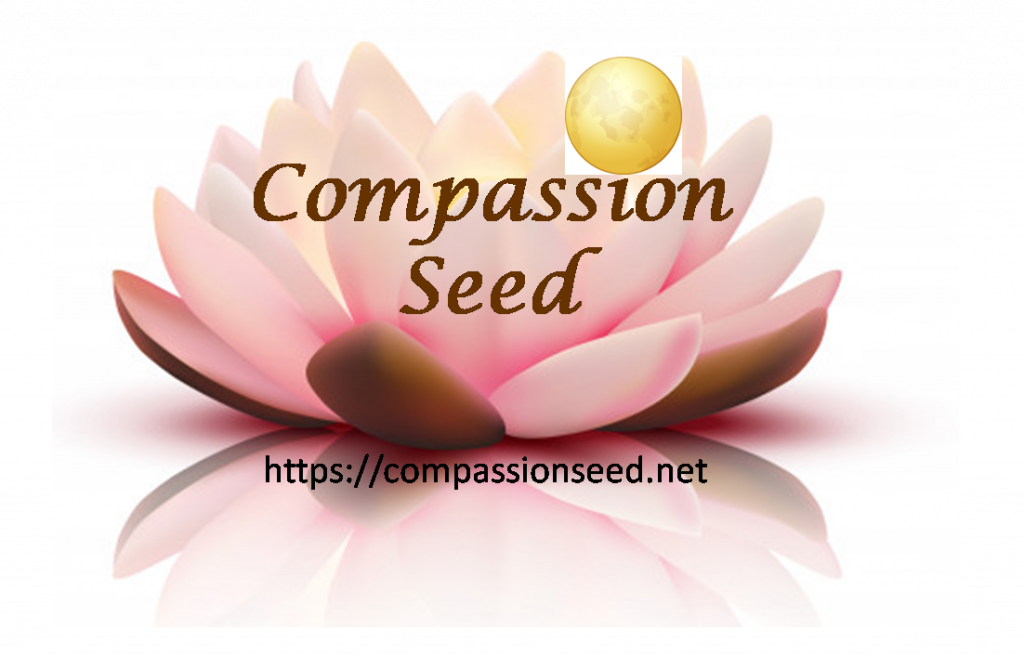Many families often wonder whether they should allow their children to take refuge at a young age. What are the benefits of taking refuge early?
- The Karmic Connection and Merit of a Child.
According to the Buddha’s teachings, nothing happens by chance. If a child has the opportunity to take refuge, it means that in past lives, they have already formed virtuous connections with the Three Jewels. Not everyone has the merit to be born into a family that understands and practices the Dharma. Therefore, for a child to take refuge early in life is a great blessing.
- Taking Refuge Is Not a One Time Event.
A person can take refuge multiple times throughout their life. In fact, in certain Dharma practices, practitioners reaffirm their refuge in the Buddha, Dharma, and Sangha daily. Thus, if a child takes refuge at a young age, they can still renew their commitment later in life if they choose.
- Taking Refuge Is a Voluntary Act, Not a Compulsion.
Some may worry that taking refuge is a serious commitment and should only be done when one truly wishes to follow the spiritual path. To prepare a child for taking refuge, parents may ask gentle questions like:
“Would you like to become a kind person who helps others?”
“Would you like to learn how to live with kindness and love?”
It is important to explain to children the significance of the Three Jewels: the Buddha, the Dharma, and the Sangha and what it means to seek refuge in them. Parents should also take their children to temples, where they can experience the peaceful energy of the monastics. In reality, many shy and introverted children have become more confident, joyful, and healthy after being introduced to the environment of spiritual practice.
- Keeping the Vow Precepts from a Young Age Leads to Future Success.
Also for children, practicing the following precepts can also be very beneficial:
- Not stealing
- Not lying
- Not killing
- Not consuming intoxicants or harmful substances
- Not engaging in inappropriate physical conduct
If a child learns discipline and ethical conduct from a young age, that will help them to grow into a responsible and successful adult.
- The Benefits of Spiritual Practice from Childhood.
After taking refuge, family members: grandparents, parents, aunts, uncles, and siblings can teach the child to chant the Buddha’s name or recite mantras to cultivate wisdom. The Manjushri mantra, for instance, enhances intelligence and memory.
(For more about Manjushri, refer to the following link.)
Additionally, practicing prostrations helps a child purify negative karma and accumulate merit from an early age.
- Planting the Bodhi Seed.
Nothing is more beautiful than parents and children walking the spiritual path together. A family rooted in Dharma will always be filled with joy and peace. Children raised in such an environment often lead fortunate lives with fewer obstacles, as their past negative karma is lightened, and their merits are abundant.
- When Is the Right Time for a Child to Take Refuge?
There is no fixed age for taking refuge. If a child is drawn to the Buddha’s teachings, parents can take them to the temple and allow them to participate in retreats designed for young practitioners. Before taking refuge, it is helpful to introduce them to Buddhist stories and images to nurture their understanding of the Dharma.
Most importantly, parents must set an example through their own practice. As the saying goes, “Teaching through example is more powerful than words.” No lesson is as impactful as the way parents live their lives.
Taking refuge is a virtuous act that opens the path to a meaningful spiritual journey. If the seed of Dharma is planted early, a child will grow up with a solid foundation in ethics and wisdom.
May all beings be blessed with wisdom and compassion.
Master Nawang Kunphel

